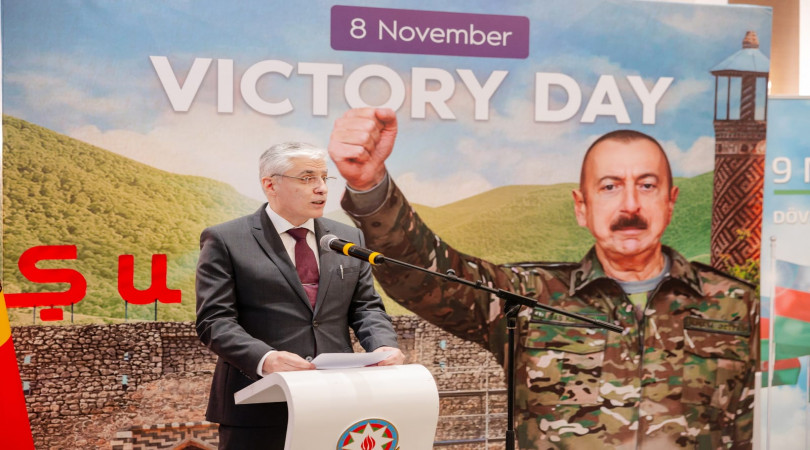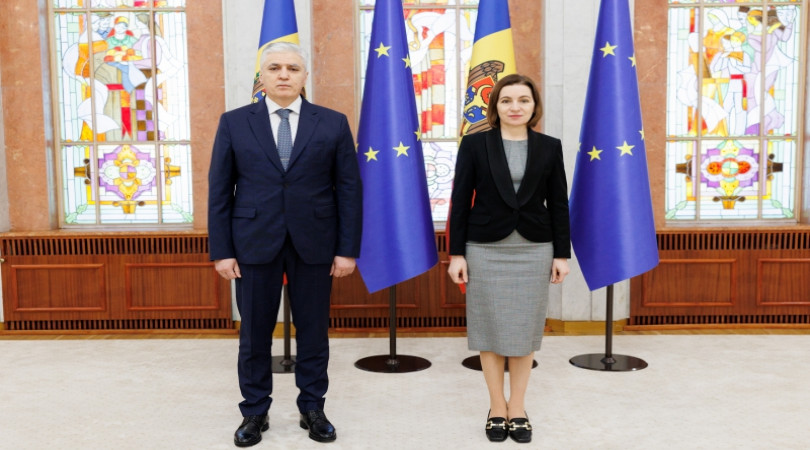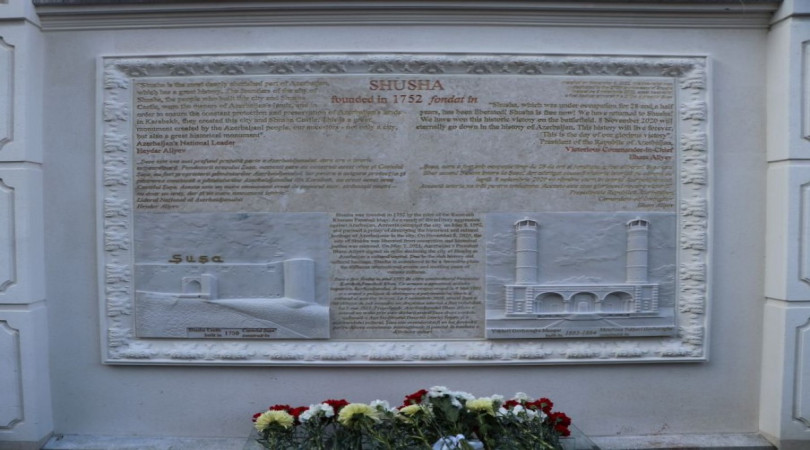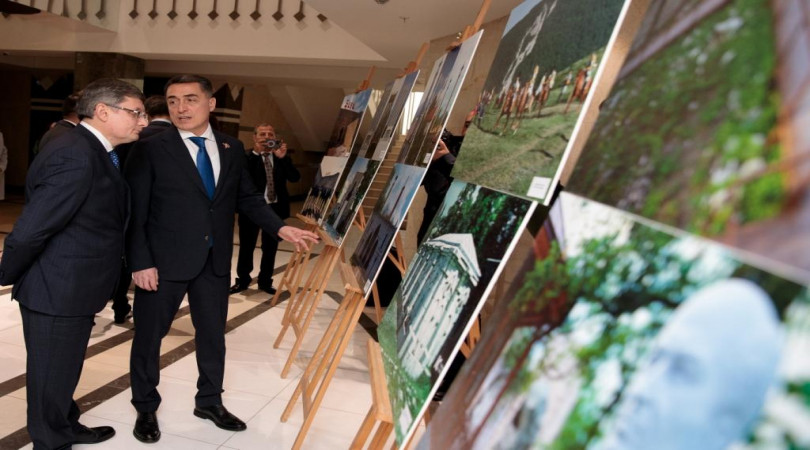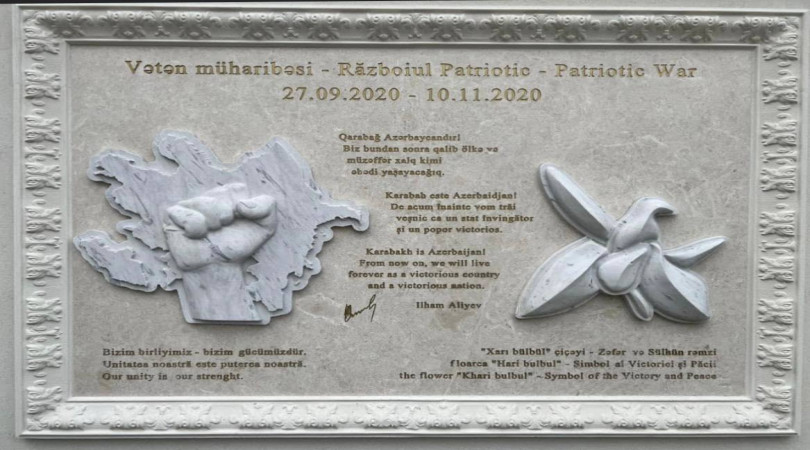Molla Panah Vagif
Molla Panah Vagif (1717-1797)
Molla Panah Vagif was an 18th-century Azerbaijani poet, the founder of the realism genre in the Azerbaijani poetry and also a prominent statesman and diplomat, vizier – the minister of foreign affairs in the Karabakh khanate.
Vagif was born in 1717 in the village of Salahly, but spent most part of his life in Karabakh. Soon after coming to Shusha, the capital of the Karabakh khanate at the time, Vagif became popular and beloved among the people due to his knowledge and talents. There was even a saying: “Not every literate person can be Vagif”.
As vizier, Vagif did much for the prosperity and political growth of the Karabakh khanate. Also, he played an important role in organizing the defence of Shusha during the incursions of Aga Muhammad shah Qajar of Persia in 1795 and 1797.
Shah Qajar invaded Karabakh a second time in 1797, after the Russian armies that briefly occupied the Caucasus were withdrawn on the death of Catherine II. This time, Karabakh was undergoing a drought and was incapable of resisting. Ibrahim Khalil khan escaped Shusha and the city fell quickly. Vagif was imprisoned and awaited death the following morning but was saved when the shah was assassinated that very night under mysterious circumstances.
The reprieve did not last long. The nephew of Ibrahim Khalil khan, Muhammed bey Javanshir, came to power after the Persian army returned to Iran. Seeing in Vagif a loyal follower of his uncle, he had Vagif and his son executed. At the time of his death, his house was plundered and many of his verses were lost.
Vagif’s remains were kept in Shusha, where a mausoleum in his name was built during the Soviet era in the 1970s. This mausoleum was destroyed in 1992 during the First Karabakh War. However with the liberation of Shusha by the Glorious Army of Azerbaijan at the result of the Second Karabakh War the restoration of the mausoleum has started upon the instruction of President Ilham Aliyev. Museum Mausoleum Complex of the great Azerbaijani poet and public figure Molla Panah Vagif has opened in Shusha after repair and reconstruction work on 21th August 2021. President of the Republic of Azerbaijan Ilham Aliyev and First Lady Mehriban Aliyeva attended the opening ceremony and viewed the work carried out here.
Despite the circumstances of his death, Vagif’s poetry has persevered. His verses were collected for the first time in 1856 and published by Mirza Yousif Nersesov. Soon afterwards, his verses were published by Adolf Berge in Leipzig in 1867 with the assistance of Mirza Fatali Akhundov, a prominent 19th-century Azeri playwright.
Vagif’s works herald a new era in Azeri poetry, treating more mundane feelings and desires rather than the abstract and religious themes prevalent in the Sufi-leaning poetry of the time. This was the main characteristic that distinguished Vagif from his predecessors and made him the founder of the realism genre in Azeri poetry.
The language of Vagif’s poems was qualitatively innovative as well: vivid, simple, and closely approaching the Azeri vernacular. Vagif’s poems have had a great influence on Azeri folklore and many of them are repeatedly used in the folk music of ashigs (wandering minstrels).

